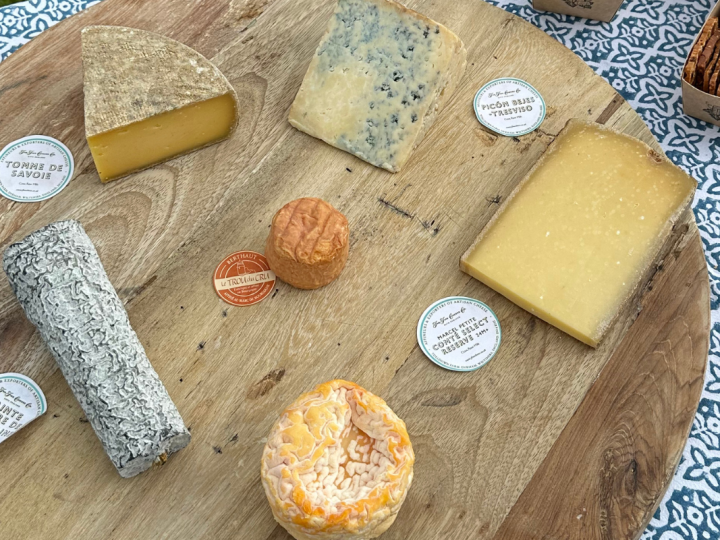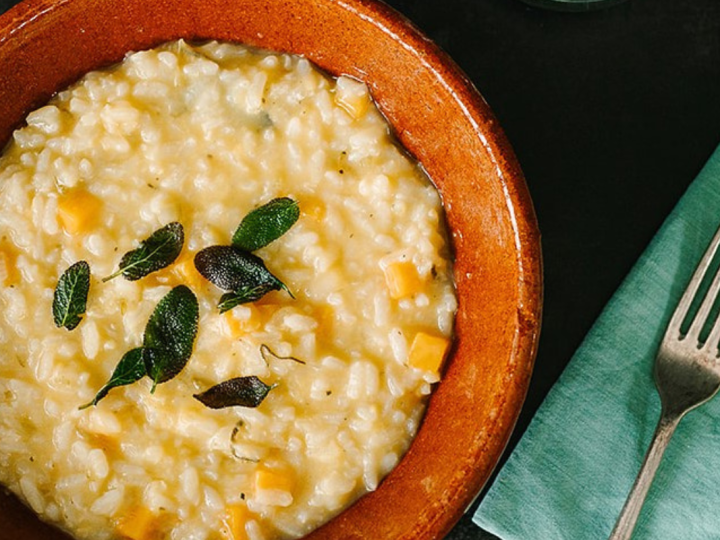The summer may nearly be over but there is still an abundance of fruit in season and, as any keen gardener will know, there’s usually a lot of excess to use up after harvesting. During September you may find yourself with lots of apples, pears, figs or plums and, as we move into October, maybe quinces as well.
Whether pickling, fermenting or making jams and chutneys, preserving is a lovely way to use up a glut of fruit which you can enjoy later in the year. Most recipes require minimal prep and although they may take a while to cook you don’t usually need to spend the entire time stirring a pot on the stove. Preserved fruit makes a wonderful accompaniment to cheese and can be used on your autumn cheeseboards alongside a variety of different cheeses. They also make lovely handmade gifts!
Fermentation
Fermentation has grown in popularity over the last couple of years with things like kefir, kimchi and sauerkraut popping up everywhere, from restaurant menus to supermarket shelves. Not only do fermented fruits and vegetables make a great accompaniment for cheeseboards, but they are also brilliant for your gut health and microbiome.
There are many different recipes online that you can use to create fermented fruits or vegetables that would be a great accompaniment to your cheeseboard. Alternatively, if you don’t fancy trying the art of fermentation at home you can get lots of different fermented products in supermarkets or delis. We love the Edinburgh Fermentarium who hand ferment their vegetables naturally in small batches to create a selection of delicious condiments that make the perfect accompaniment to your meals and cheeseboards. Their products are available in delis throughout Scotland and to buy online throughout the UK. We think the Braw Slaw pairs perfectly with our cheeses.
Chutneys
Perhaps slightly less fashionable nowadays compared to fermenting and pickling, the humble chutney will elevate any cheeseboard. Traditionally made with apples and pears as a base, they are a great way to use up fruit. If you are lucky enough to have a fruit tree in your garden you will likely have lots of these fruits in the late summer and early autumn.
Chutneys aren’t difficult to make but the golden rule is, let the chutney mellow in flavour for at least three months before consuming. They tend to be highly acidic (from the large volume of vinegar) but will soften in flavour as the chutney matures.
Here is our recipe for ‘Spiced Pear and Calvados Chutney’ that pairs beautifully with our cheeses. If you make it soon it will be ready in time for your Christmas cheeseboard.
Spiced Pear and Calvados Chutney
180g demerara sugar
180ml cider vinegar
90ml pear cider
30ml Calvados or regular brandy
1 star anise
1 cinnamon stick
1tbsp glace ginger
3 red onions, finely chopped
8-10 pears, peeled and chopped into 1cm cubes
Add your sugar, vinegar, cider, brandy, spices and ginger to a large pot and bring to the boil.
Meanwhile prepare your onions and fruit and add to the pan once the liquid is boiling.
Simmer on a low heat for 40 minutes and then transfer to sterilised glass jars.
Pickling
Softer fruits like plums and damsons are perfect for pickling or even steeping in alcohol and they make a great accompaniment for your cheeseboard too.
This is our recipe for pickled plums, but if you have damsons to use you can swap them out for the plums in this recipe.
Pickled Plums
250ml water
50ml gin
180ml white wine vinegar
125g demerara sugar
1 star anise
1 juniper berry
1 cardamon pod
1 punnet of plums
Pop all of your ingredients, bar the plums, into a small pan and bring to a simmer. Simmer for 10 minutes to cook off the alcohol and let the flavours develop.
Meanwhile, quarter your plums, removing the stone and pop into a sterilised jar. If you are using damsons you can halve instead of quarter.
Pour the hot pickling liquor over the plums in the jar, seal with a lid and leave to cool. Store in the fridge, your pickle will be ready in 2-3 days and will last up to 6 weeks in the fridge.
A note on sterilising jars
It is really easy to sterilise jars ready for your preserves and super important. You want to ensure your jars are perfectly clean so that no unwanted bacteria can make its way into your chutneys, pickles or ferments. All you need to do it preheat your oven to 120°C and wash your jars and lids in hot soapy water. Dry thoroughly with a clean tea towel, or leave to air dry, and transfer to your hot oven for 20 minutes.



